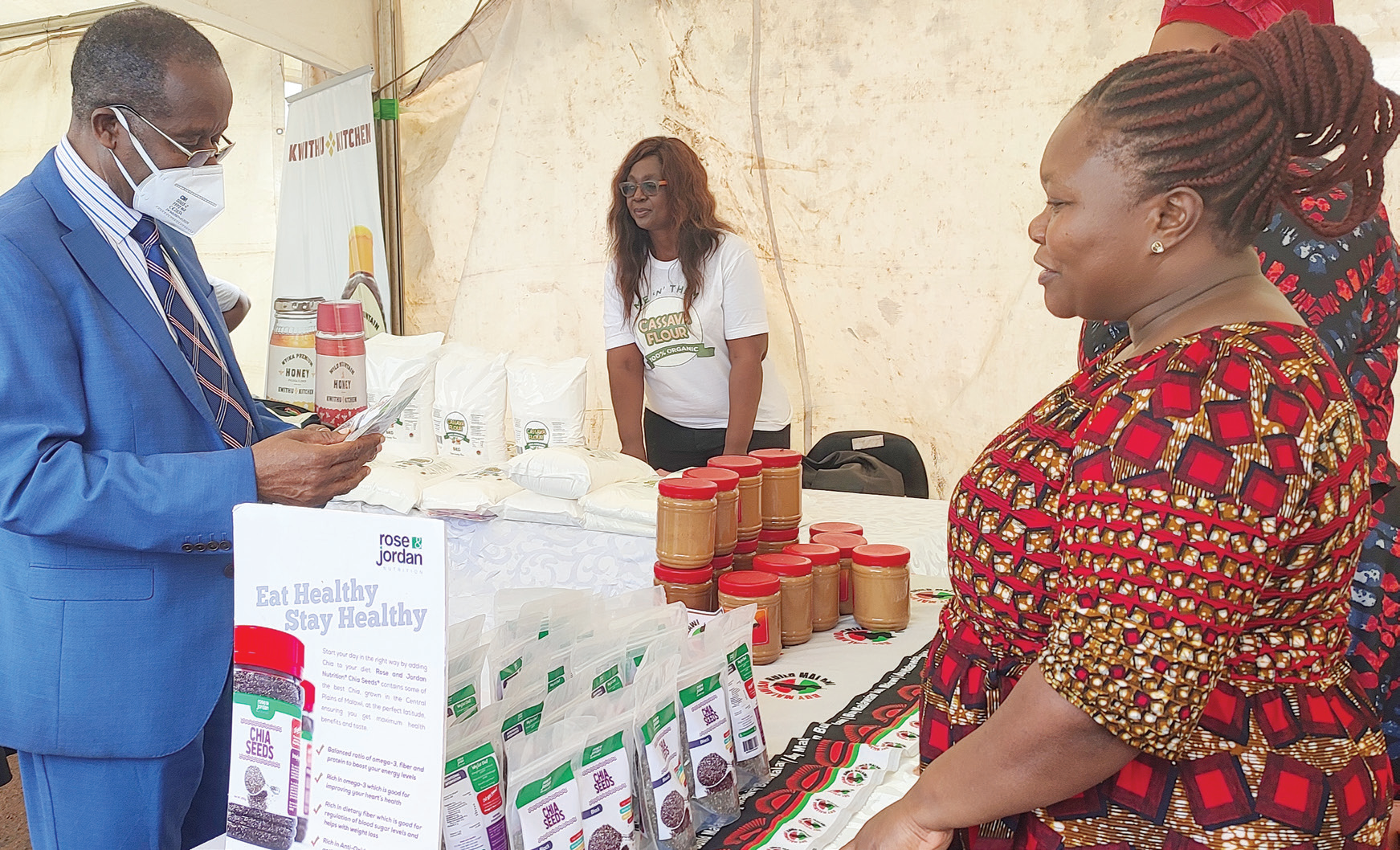Imports hurting job creation—Minister
Trade and Industry Minister Mark Katsonga-Phiri has warned that the country will not tackle high unemployment rate if it continues to rely on imports instead of supporting local companies to create employment.
He said this on Friday during the seventh Buy Malawi Day in Lilongwe.

Said Katsonga: “We can’t continue complaining about lack of jobs when we are busy exporting jobs through unnecessary imports.”
The day was designated to pump up the Buy Malawi Strategy (BMS), a blueprint that aims to boost the private sector through increase in the consumption of locally produced goods and services.
The Tonse Alliance government put job creation at the centre of its campaign ahead of the 2020 Presidential Election, promising to create one million jobs.
According to Trading Economics global macro models and analysts, Malawi’s unemployment rate was pegged at 5.80 percent in 2022 and 5.70 percent in 2023.
Unemployment rate is the percentage of the total labour force that is unemployed but actively seeking employment and willing to work.
Katsonga said it was unfortunate that some businesses were importing produce like Irish potatoes which are widely grown in the country.
He said: “The argument sometimes is that ours is of low quality. Why can’t you give specifications of your requirements so that we improve? The aim [of BMS] is to create more jobs, create incomes, improve forex reserves and grow our economy. So, let’s support it.”
BMS was launched in 2016 and Katsonga said there are signs that it is bearing fruits.
“The secretariat has reached out to over 450 companies. And 160 of them are now members of the Buy Malawi Strategy and are proud users of the BMS Logo on their products,” said the minister.
Meanwhile, the United Nations Development Programme resident representative Shigeki Komatsubara, whose organisation has been supporting the strategy implementation, said for the country to achieve its economic growth strategy, it needs to rally behind the BMS.
He explained: “Currently, Malawi has a clear roadmap for transformation starting with the Malawi2063 vision and its recently launched 10 year implementation plan. The plan describes the collective aspirations of the people of Malawi to achieve inclusive wealth creation and self-reliance for economic independence.





